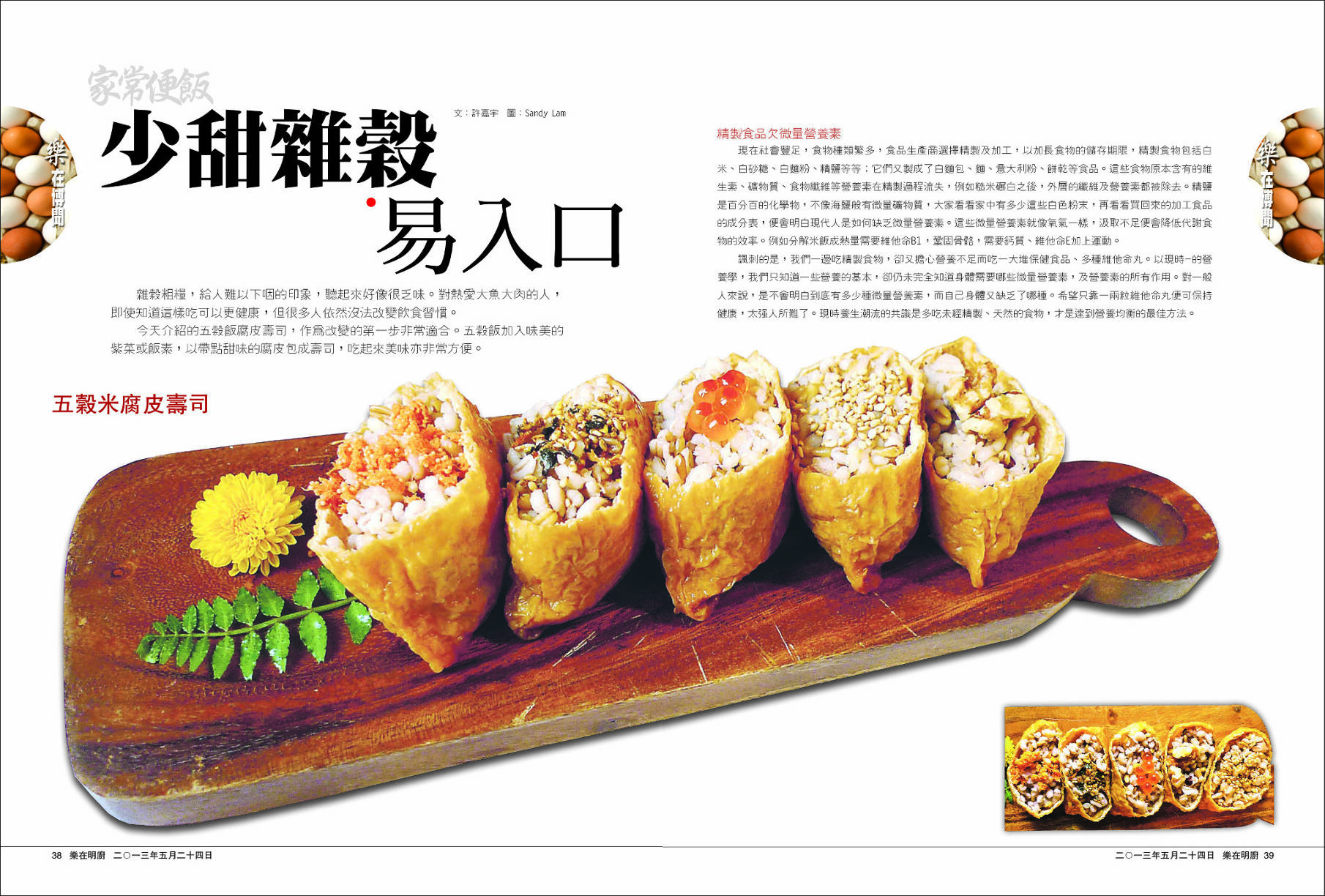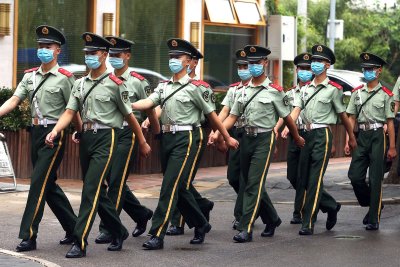

On Sunday, around 2,000 journalists and supporters marched through central Hong Kong to highlight a creeping culture of self-censorship, where big Chinese business exerts an inordinate influence on editorial policy. This, critics say, has been on the wane in recent years. Despite the 1997 transformation from British colony into China’s Special Administrative Region, the city has maintained a high degree of autonomy and enjoys markedly less censorship than the mainland. The case was seized upon by many in the media as an indication of perceived encroachment by Beijing in Hong Kong’s vibrant media sphere. Ming Pao is owned by Malaysian tycoon Tiong Hiew King, who has business interests in China. In addition, four senior writers submitted blank columns that day, while 90% of the 270-strong editorial department signed a petition demanding an explanation. 20, more than 100 Ming Pao staff stood outside their offices dressed in black and observed a five-and-half minute period of silence in protest. Many local journalists claimed that Lau’s removal was punishment for pursuing corruption and human-rights stories deemed embarrassing to Beijing. (Lau was handed a new post within the group’s electronic-books-and-teaching-materials division.) Lau was replaced as chief editor of Ming Pao, consistently one of Hong Kong’s most trusted newspapers, by Malaysian journalist Chong Tien Siong in January, prompting a furious response from staff. “Hong Kong is a society of the rule of law, and we are absolutely intolerant about violence of this kind,” he said. Hong Kong Chief Executive Leung Chun-ying said in a statement that he and his entire Administration “feel indignant” and vowed to search out those responsible. ( MORE: Hong Kong Protesters March for Democracy) “I have known Kevin since the ’80s, and knowing his family background and his character, I simply cannot think of any personal reason why anyone would want to attack him, not to mention try to kill him,” HKJA chairperson Sham Yee-lan tells TIME. On Wednesday, the Hong Kong Journalists Association (HKJA) released a statement that urged the authorities to pursue “those malignant forces behind” whoever wielded the knife.

If you would like to read more about this article, please click to enlarge the news below (Chinese version only).Lau’s ousting last month sparked protests over perceived diminishing press freedom in the semiautonomous Chinese territory, and although no explicit link has been made, speculation is rife that the attack was somehow connected.

If there is an impasse or a tie, the tax authorities of the two jurisdictions would have to negotiate and determine the person's tax residence. The relevant factors include where the person's permanent place of abode is, where his economic, social ties are and in which jurisdiction he is a national or citizen. Under the China-Hong Kong Double Tax Arrangement, it is possible for a Hong Kong resident to be treated as both a China tax resident and a Hong Kong resident and his tax residence would have to be determined based on a tie-breaker provision in the Arrangement. Therefore, a Hongkonger may be regarded as a tax resident of Mainland China if he/she has been granted the Residence Permit, without needing to spend 183 days or more in China during a year. Patrick mentioned that one of the factors defining 'residence' is household registration. On 20 October 2018, China's State Administration of Taxation (SAT) released draft guidance as part of the new individual income tax (IIT) law for public consultation, which will be effective January 1, 2019. On 31 August 2018, the Standing Committee of the National People's Congress passed the amendment to reform PRC IIT Law. Ming Pao published an article entitled, 'Deloitte: Hongkongers' application of Residence Permit may be regarded as Tax residents in Mainland China' on 16 November 2018, in which our Deputy Tax Managing Partner, Deloitte China Patrick Yip was quoted in the article.


 0 kommentar(er)
0 kommentar(er)
